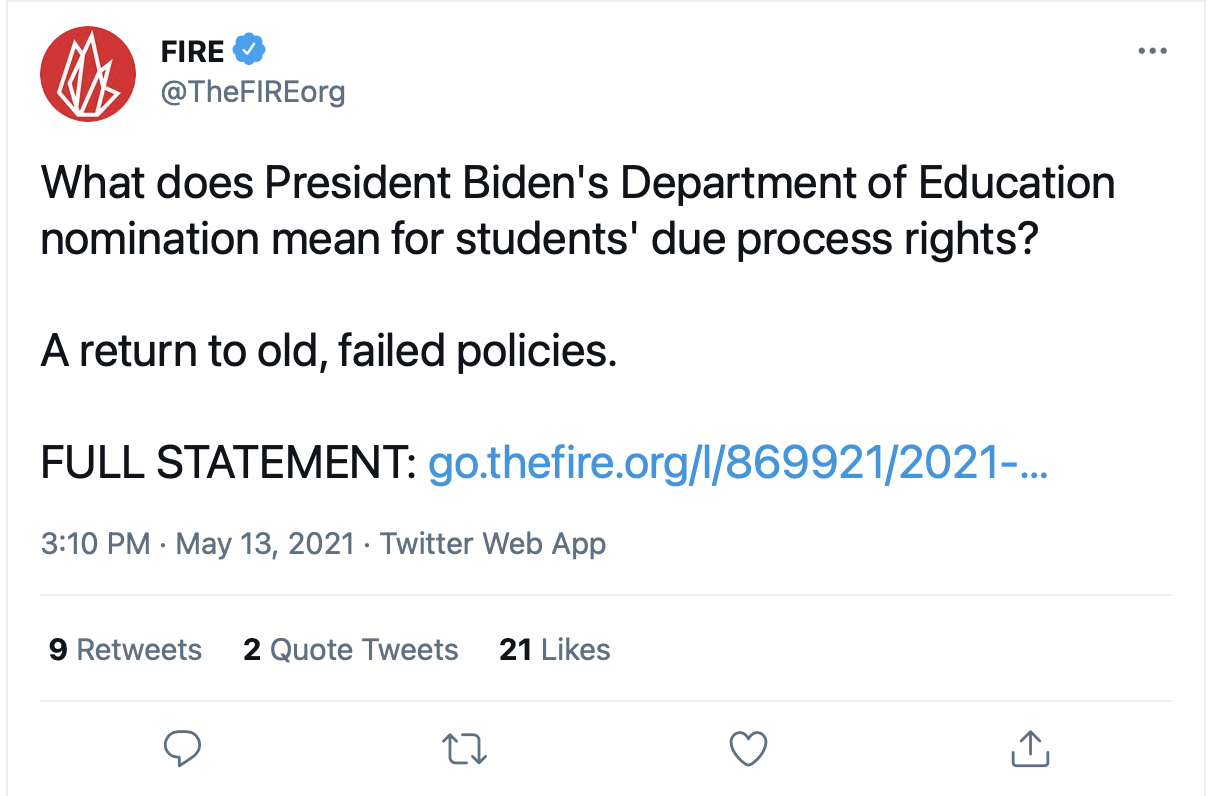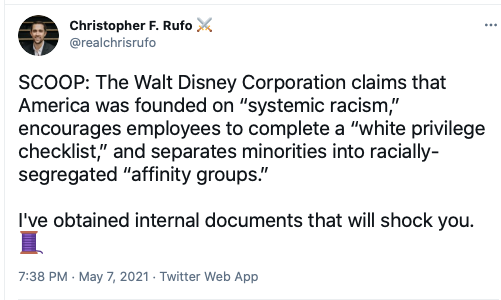Mount Allison University Suspends Tenured Professor for Disagreeing With Woke Narrative on her Personal Blog
What are the horrible things that tenured Professor Rima Azar stated on her personal blog?
When a local activist named Husoni Raymond opined that New Brunswick is “systemically racist,” Azar applied her comparative understanding of Lebanon and Canada to argue that, in relative terms, her adopted home isn’t racist at all, but is rather “a young country” that “wants to save the world.” (As evidence, she pointed to the fact that Raymond himself had been lavishly honoured for his anti-racism work, which is hardly consistent with white supremacism.) In a similar vein, she has argued down activists who claim Canada is a “patriarchy” afflicted by rape culture. If you want to see “real rape culture,” she’s noted archly, take a look at “ISIS practices in Syria.” Azar also has called Black Lives Matter a “radical” movement, which is an unfashionable thing to say, but isn’t remotely inaccurate given BLM’s stated goals of creating a “global liberation movement” that will “dismantle capitalism,” abolish prisons, and erase national borders.
Who is Professor Azar? Jonathan Kay describes her in a March 2, 2021 post at National Post:
When Azar eventually immigrated to Canada, she developed expertise in helping parents who face complex child-care needs, and has gone on to found or supervise numerous acclaimed support programs in New Brunswick. In her personal life, Azar is a foster parent, a polyglot (Arabic is her mother tongue), and a blogger who writes passionately about classical liberal values and Lebanon’s ongoing challenges. She’s also a proud Canadian — writing that the Maple Leaf “means the world to me,” even while still being “moved” by the sight of a Lebanese flag. If you know of a more intersectional Canadian, I’d like to meet them.
Professor Azar has now been suspended by her University. Because she dares to express her own thoughts, she will also be required to take equity, diversity and inclusion training. On her blog she mentions that she has set up a GoFundMe account to pay for her legal defense. She states:
I now have been suspended from my job without pay, based on false allegations. We are in a pandemic and times are tough on all. This is why your support means the world to me. I am so grateful for my union’s continuous support in dealing with Mount Allison University. However, the reputational damage already done (defamation, attack to my character) has implications beyond my employer and workplace. I will use the funds raised to cover my personal legal defence fund. I love my students, job, colleagues, university, province, and beautiful country beyond words. My story is beyond academic freedom. I precisely chose to move to Canada for democracy/freedom of expression. Why are we doing this to ourselves?


